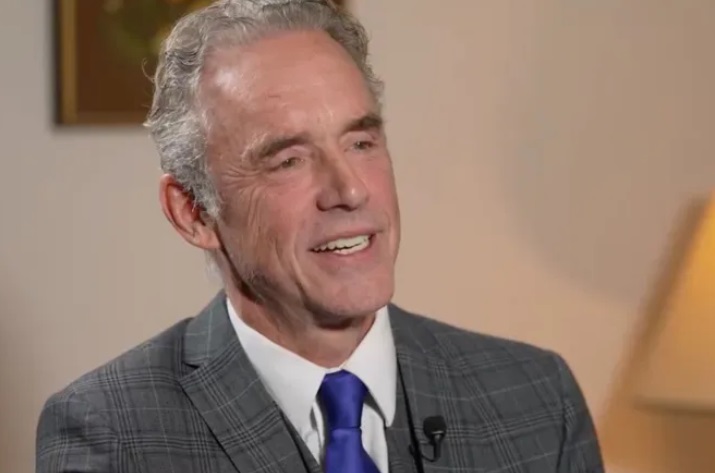Peterson noted that he was “not going to delve into theological matters” but that “speaking strictly psychologically,” the Easter story describes “the worst that life and death can throw at us,” but then offers a “promise.”
“The promise in the story is that, if that’s undertaken wholeheartedly, the consequence is redemptive, transformative and redemptive,” he said. “A resurrection of the spirit, a resurrection of the spirit eternally — that’s the promise.”
When asked what the cross meant to him, Peterson said “it’s the point where everything comes together.”
“It’s the agony of life,” he continued. “With God’s grace, you might say that the triumph of life, in the face of agony, in the face of malevolence, that’s what it is.”
“We’re very confused about what faith is in the modern world. We think that faith is your verbal assent to a collection of descriptive statements,” he noted. “That’s perhaps an element of faith. …But the faith itself is, what would you say? It’s the willingness to presume that being and becoming is good despite tragedy and malevolence.”
In the interview, Peterson reflected on the idea of a “calling.”








Total Comments:0